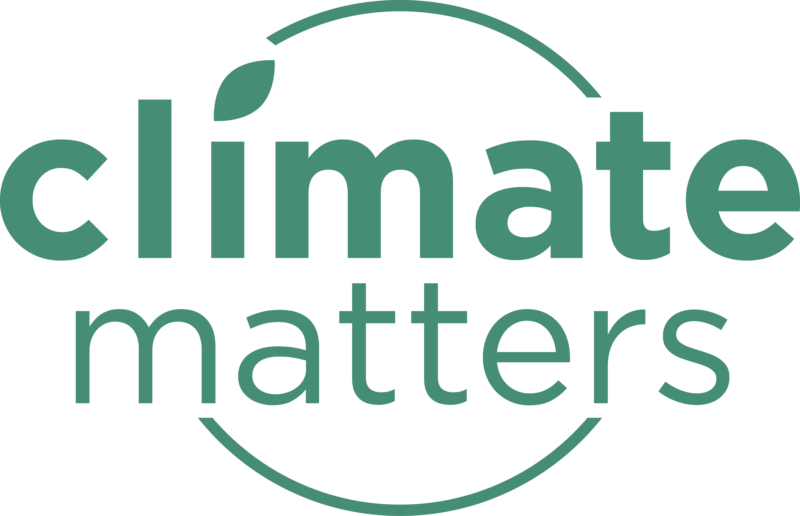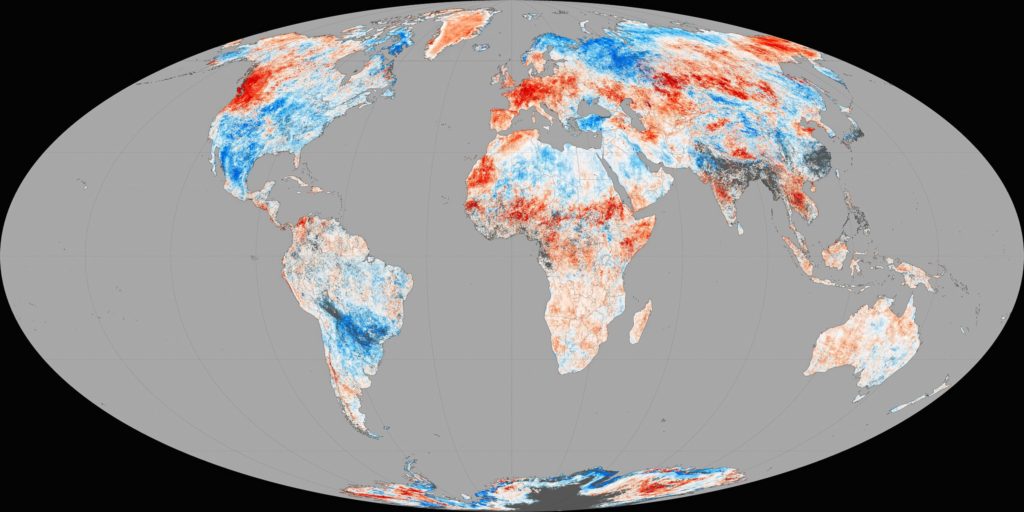Next year, in 2022, the IPCC will finalize its sixth assessment report. A report that is unarguably one of the most cited, far-reaching sources for trying to understand and argue policies that can mitigate the climate crisis and its impacts. It is exactly this type of imperative research that showcases the importance of transparent and reliable data. And just as much as countries need to be held accountable for providing accurate, up-to-date reporting on their CO2 emissions for policymaking, we need researchers and journalists worldwide to have access to this information as well.
If the pandemic has taught us one thing – besides the importance of face masks, social distancing, and vaccines – it is the need for global data. When COVID-19 started spreading throughout the world, initial knowledge gaps on the virus itself and later on measures to mitigate the pandemic, potentially fed insecurities in societal debate, influencing people’s stance on important issues such as vaccinations. Without accurate data on incidences and infection chains, researchers and public health officials would have had a hard time developing measures to temper the crisis. The same logic applies to research on climate change: while experts have made it abundantly clear that the climate crisis is the biggest challenge humankind is currently facing, policymakers still seem to be on the fence when it comes to advocating for actual change towards a desperately needed socio-economic transformation.
To firstly formulate and secondly implement policies that keep the 1.5-degree target alive, we need transparent and reliable data on the workings of our energy system and the amount of CO2 countries are emitting. The good news: Much of this data already exists and is published by the International Energy Agency (IEA), a publicly funded international institution that collects high-quality data on energy use and greenhouse emissions. However, by agreement of its 30 funding countries (including Germany), the IEA needs to generate a fifth of its budget through data sales, thus having to implement a paywall to access most of the data. According to the IEA budget, this funding gap amounts to around 5.7 million dollars. Divided by the 30 member countries that would have to fill this funding gap if the paywall was abolished, it seems like a rather small price to pay for well-informed research on a crisis that will cost us way more than just money if we don’t act now.
What can you do?
Against the principles of transparency and reproducibility in scientific research, this paywall excludes scientists, journalists, and hence the general public from the global dialogue on energy and climate. To help tackle this problem, the German-based initiative “Free IEA data” (FID) is calling on people to reach out to their ministries of energy, demanding them to lift the paywall. If you want to participate, simply head over to FID, select your country, and send out a pre-formulated e-mail to your ministry of energy.

